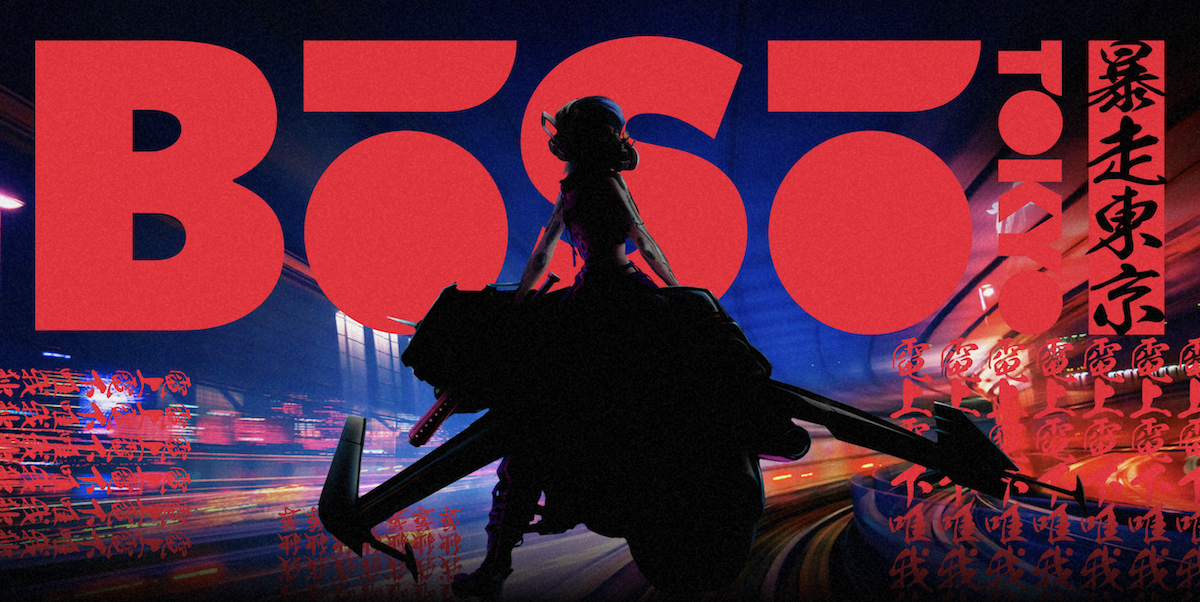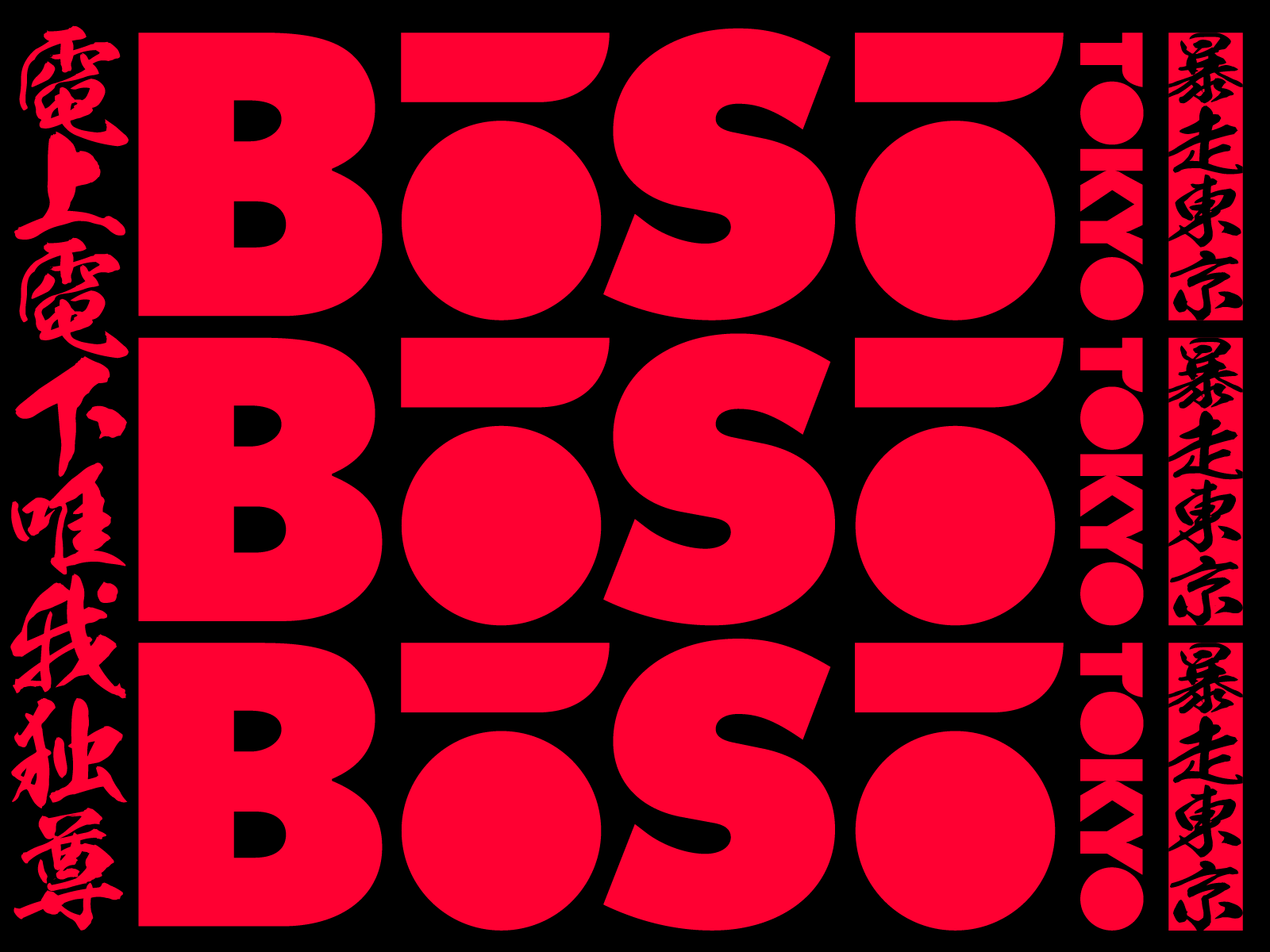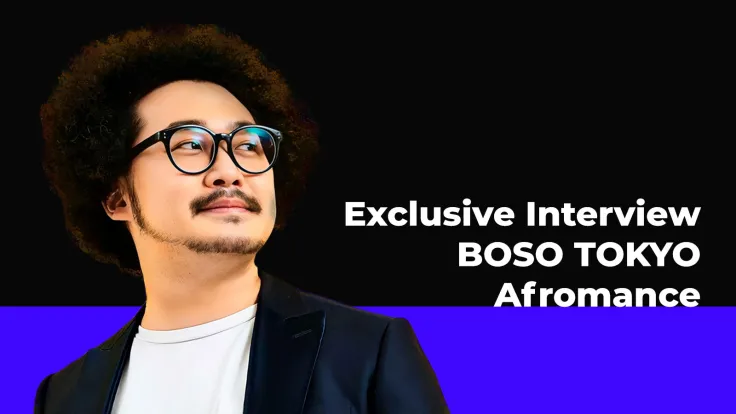In this interview, I speak with Afromance (Riichiro Nakama), the creative director of a brand of NFT avatars, BOSO TOKYO, and president of creative company Afro&Co. We discuss the idea behind the identity-defying brand for Metaverse and the future of Web 3.0 technology.
U.Today: Hello Afromance, nice to meet you! You’re the creative director of BOSO TOKYO. First, I would like to discuss your previous background. When did you first get interested in crypto and NFTs and why?
Afromance: Nice to meet you. I am Afromance, the president of the creative company Afro&Co. I have been involved in a variety of projects, including the launch of "awapa," a foam party where people are covered in lots of bubbles, which created a movement in Japan, and the launch of "Burning Japan," a regional event for Burning Man in Japan. Recently, I have had more opportunities to get in touch with technology, and I worked with Psychic VR Lab and Neji Sato on an XR project called "RPG Restaurant," where people put on VR head mounts, enter the world of RPGs and dine in real life.
I had heard about crypto and NFTs from creators and friends around me and was interested in them, but my participation in this project was a chance for me to learn more about them.

U.Today: So, let’s get back to BOSO TOKYO. Your goal is to create a unique avatar that can be used in different Metaverses. It seems like this is the first time I have heard of something like that. Can you give us more details? How does this work?
Afromance: We believe that when the era of multiple Metaverses arrives in the future, it will be important for individuals to have identities that can be recognized the same way across different Metaverses through avatars.
Since the Metaverse is a completely digital space, it can be copied and tampered with, and the problem is that identities that are supposed to be unique can be copied by others, which means that there is no identity. NFT, a blockchain technology, solves this problem. The establishment of the self in the Metaverse is complete with NFT.
And every individual must establish an identity in every Metaverse. We believe that an avatar is meaningless unless it can be used as the same identity in any Metaverse, and BOSO TOKYO is the first such identity brand.
U.Today: At the time that we are speaking, you have just launched your site. What are your next steps?
Afromance: We are planning various events to promote Japanese culture to the world. Today, we are pleased to announce the launch party of BOSO TOKYO at the large scale club WOMB in Shibuya. After that, we will continue to hold various events in Tokyo, Shibuya. There are already people who are cooperating with BOSO TOKYO, and we will be releasing the information in the near future, so please look out for it.
U.Today: BOSO TOKYO site’s entire design, the company’s name, concepts and artists working on the project–everything is related to Japanese culture, mostly anime-related. Does this mean all of your art will be in the same style?
Afromance: The project's desire is to introduce Japanese culture to the world. Certainly there is an anime culture in Japan.
On the other hand, the core concept of BOSO TOKYO is inspired more by Japan's unique biker gang culture, “BOSO-ZOKU,” than by anime. The image of bikers riding motorcycles in search of freedom is a symbol of freedom. Their slogan, "Tenjo Tenge Yuiga dokuson," expresses their belief that individuals are the most valuable and precious beings in the whole universe. Inspired by this budding sense of independence and the momentum to rush into a new world, BOSO TOKYO flies the flag of "Denjo denge Yuiga dokuson" as it runs through the Metaverse in search of freedom in a Web3 world free from various restrictions.

BOSO means "mad speed, mad drift." A culture from the BOSO-ZOKU. We believe that by mixing the cyber science fiction worldview that anime excels in with the unique biker gang culture, we can create art and culture with originality.
The main designer of BOSO TOKYO is Hidetaka Tenjin, who has worked on mechanical designs for Star Wars and Gundam. He is also quite inspired by this theme and "BOSO." Everyone will see some original and powerful designs that take advantage of Tenjin's area of expertise when the design is public.
U.Today: Do you have your own NFT collection? If so, please name a few things you have collected.
Afromance: I don't have one yet, lol. This BOSO TOKYO will be my first collection.
U.Today: Why, in your opinion, are Metaverses getting so popular? Why do people want to live in a virtual universe?
Afromance: People have always wanted freedom. This includes freedom of experience and creativity, such as the desire to fly, to go to space, or to have whatever style they want to have, as well as freedom in the sense of spiritual independence–not wanting to be at someone else's beck and call.
I think the current situation is that technology and the environment have finally caught up with the possibility of obtaining the freedom that people are fundamentally seeking. Of course, the reality is not always a dream where everything goes well, but at least people around the world are feeling a sense that new experiences and excitement await them that have not been available to humanity until now.
U.Today: Do you believe that Web 3.0 will solve the previous version’s (Web2) problems? If so, how?
Afromance: What is needed to solve the problem are the mechanism and culture.
Web 3.0 is about to change various mechanisms, starting with the technology of blockchain. In other words, the hardware is about to be updated. However, unless the culture (software) of how people behave, how they feel, and what they value is also updated, nothing will fundamentally change.
I like the culture of Burning Man. At first glance, it may look like a fancy festival, but at its core, it is about respect for others, the beauty of self-expression, and a warm acceptance of new cultures that do not match one's own sensibilities. I believe such a culture is necessary.
On the other hand, I do not think that culture can be created just by trying. One of my favorite ideas is that "play comes before all culture." In the book Homo Ludens by Johan Huizinga, he says that culture is created through the accumulation of play as a result of research into human history.
Therefore, I believe that rather than having difficult discussions about Web 3.0, playing as much as we want in this world full of possibilities will lead to the formation of a future culture and also to the solution of current problems.


 Dan Burgin
Dan Burgin Vladislav Sopov
Vladislav Sopov